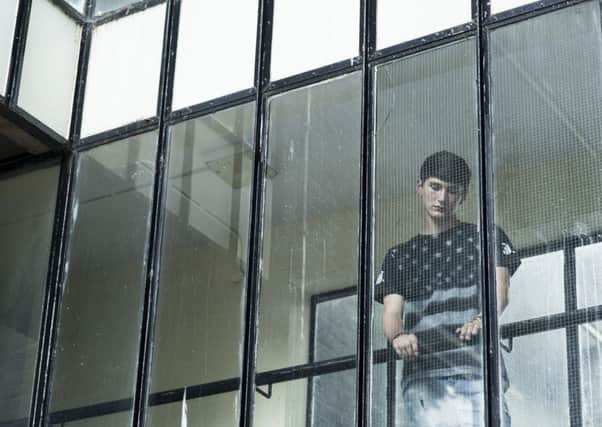Mental health toll hits young jobless


Symptoms including suicidal thoughts, panic attacks and self-harm, have been experienced by 23 per cent of young people across Yorkshire and The Humber as a direct result of unemployment.
The Prince’s Trust Macquarie Youth Index warns that young women from the region are “significantly more likely” to be affected by mental health problems, including insomnia and feelings of self-loathing, than young men. It also reveals that young people who are long-term unemployed – out of work for more than six months – are more than twice as likely as their peers to believe they have nothing to live for.
Advertisement
Hide AdAdvertisement
Hide AdThe report comes at a time when the region has seen a 330 per cent rise in the number of young people claiming benefits for more than six months since the beginning of the recession.
The Prince’s Trust’s northern regional director, Jonathan Townsend, said: “Unemployment is proven to cause devastating, long-lasting mental health problems among young people. Thousands wake up every day believing that life isn’t worth living, after struggling for years in the dole queue.
“Here in the Yorkshire and The Humber, 14,580 young people are facing long-term unemployment and there is a real danger that these young people will become hopeless, as well as jobless.
“Our research highlights that unemployed young people are significantly less likely to ask for help if they are struggling to cope. Our message to them is this – organisations like The Prince’s Trust are supporting young people like you every day, helping them back into work, education or training. You are not alone and you need not struggle alone.”
Advertisement
Hide AdAdvertisement
Hide AdAlmost one in four young people in the region said they had experienced at least one of the following as a direct result of unemployment – suicidal thoughts, self-harm, panic attacks, being prescribed anti-depressants, feelings of self-loathing, insomnia, feeling inferior to others, difficulty controlling anger, drinking large amounts of alcohol, taking drugs.
Nationally, nine per cent of young people agreed they “don’t have anything to live for”.
The figure rises to 21 per cent for long-term unemployed young. Fourteen per cent of those polled in the region believe life is not worth living and 40 per cent said they “always” or “often” feel down or depressed – compared with a national average of 32 per cent. Long-term unemployed people are significantly more likely to feel this way.
Last year the Prince’s Trust, which tackles youth unemployment, worked with 4,717 disadvantaged young people in the region and is now calling for urgent support from the Government, health agencies and employers to fund its work with long-term unemployed young people battling mental health issues.
Advertisement
Hide AdAdvertisement
Hide AdThe Royal Society for Public Health’s chief executive, Shirley Cramer, said: “This research proves that unemployment is a public health issue. It is one that must be tackled urgently and it is essential that youth unemployment is added to the public health agenda. Unemployed young people are struggling in many aspects of their lives and we must act quickly to end this.”
The sixth annual Youth Index polled 2,161 16 to 25-year-olds, of which 281 are not in education, employment or training (NEET).
A Department for Work and Pensions spokesman said: “We understand the effects that unemployment can have and that is why we are doing everything possible to help young people into work.”